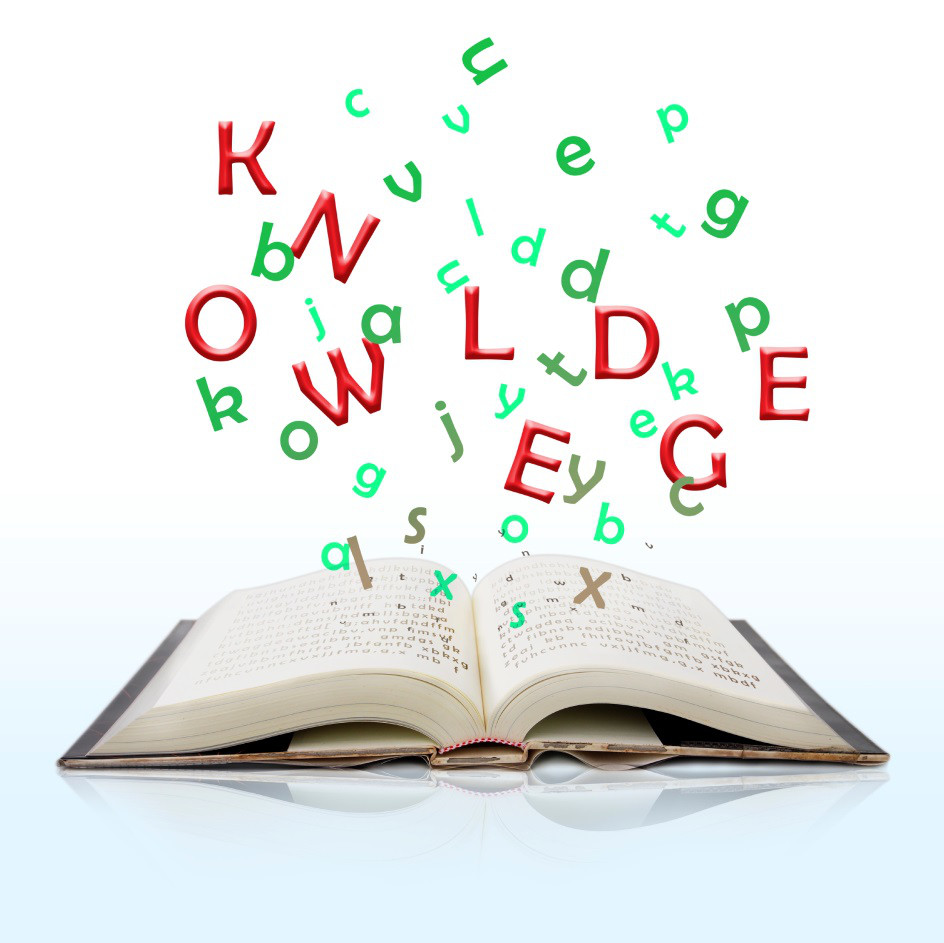The importance of literacy is underlined by the annual International Literacy Day, when UNESCO organise a series of events.
How different would your life be if you could not read?
Apart from not being able to read the NDF Blog, what would you not be able to do:
- Read many street signs or drive a car
- Understand or complete any form you may need for a job
- Understand labels on anything from food to power tools
and of course, you would not be able to experience the joy of reading books.
International Literacy Day
The importance of literacy is underlined by the annual International Literacy Day, when UNESCO organise a series of events. On 8 September 2013 Secretary-General Ban Ki-moon said:
In our knowledge-based era, literacy is a foundation for a more just, inclusive and sustainable world. Literacy enables people to gain access to information to improve their health and nutrition, widen their livelihood options, cope with environmental change and make informed choices.
Illiteracy – the numbers
Worldwide it is estimated that 774million(2) adults aged 15 or older are illiterate (unable to read or write). You may be surprised to know that in the US, for example, this equates to 32 million people. In Serbia an estimated 60% of the Roma population is illiterate(3). The problem is huge.
Illiteracy – the effects
The effects of illiteracy are far reaching. For example, in the US it is estimated(4):
- – Two-thirds of students who cannot read proficiently by the end of 4th grade will end up in jail or on welfare
- – Nearly 85% of juveniles who face trial in the juvenile court system are functionally illiterate
- – More than 60% of all inmates in jail are functionally illiterate
- – 75% of those who receive food stamps perform at the lowest 2 levels of literacy.
Illiteracy is unquestionably linked to poverty, crime and lack of social mobility.
Reading fuels dreams
The obvious benefit from being able to read books is education – but that needs to be considered in a wide context, beyond conventional learning:
Your imagination has no limits, at any age
Children can read a book and imagine dragons that are blue and giants that live in castles. I still prefer to read the book before I see the film version, so that I have visualised the characters and storyline in my own imagination.
George Bernard Shaw:
Imagination is the beginning of creation. You imagine what you desire, you will what you imagine and at last you create what you will.
We all need to escape sometimes
Children can escape into a world of dreams just by reading a book, learning about a world beyond their own experience. I love to escape into a good book; it is a wonderful way to escape from everyday pressures.
Michael Ondaatje, The English Patient:
This was the time in her life that she fell upon books as the only door out of her cell. They became half her world.
See the world from a different perspective
Books can have enormous influence on individuals and society. ‘The Lion, The Witch and The Wardrobe’ by C S Lewis has sold over 85 million copies. ‘The Alchemist’ by Paul Coelho has sold over 65 million copies (5). An alchemist is a person who transforms dreams into reality – books can help to do that!
Denis Waitley:
You must look within for value, but must look beyond for perspective.
How NDF are helping
Many NDF projects are helping children learn to read. For example The Toy Library brings toys, books, puzzles and other didactic material to Roma children in Kragujevac – and there is a mobile toy library too for those who cannot reach Kragujevac.
What you can do to help
Literacy is a learned skill. Illiteracy is passed down from parents who can neither read nor write.
If you know an adult who is illiterate, try to help them. There are literacy programs worldwide, but those who can’t read or write may never know about them unless you tell them.
If you are buying a gift for a child, always consider a book rather than the latest digital toy or game. A book can have an effect that lasts a lifetime.
If you spend time with any child, spend time reading to them and with them – help them explore the beauty of language and the infinite possibilities of learning from books.
Frederick Douglass:
Once you learn to read, you will be forever free.
(1) http://www.un.org/apps/news/story.asp?NewsID=45795&Cr=education&Cr1=children
(2) http://www.uis.unesco.org/literacy/Pages/data-release-map-2013.aspx
(3) http://novakdjokovicfoundation.org
(4) http://www.dosomething.org/tipsandtools/11-facts-about-literacy-america
(5) http://en.wikipedia.org/wiki/List_of_best-selling_books











